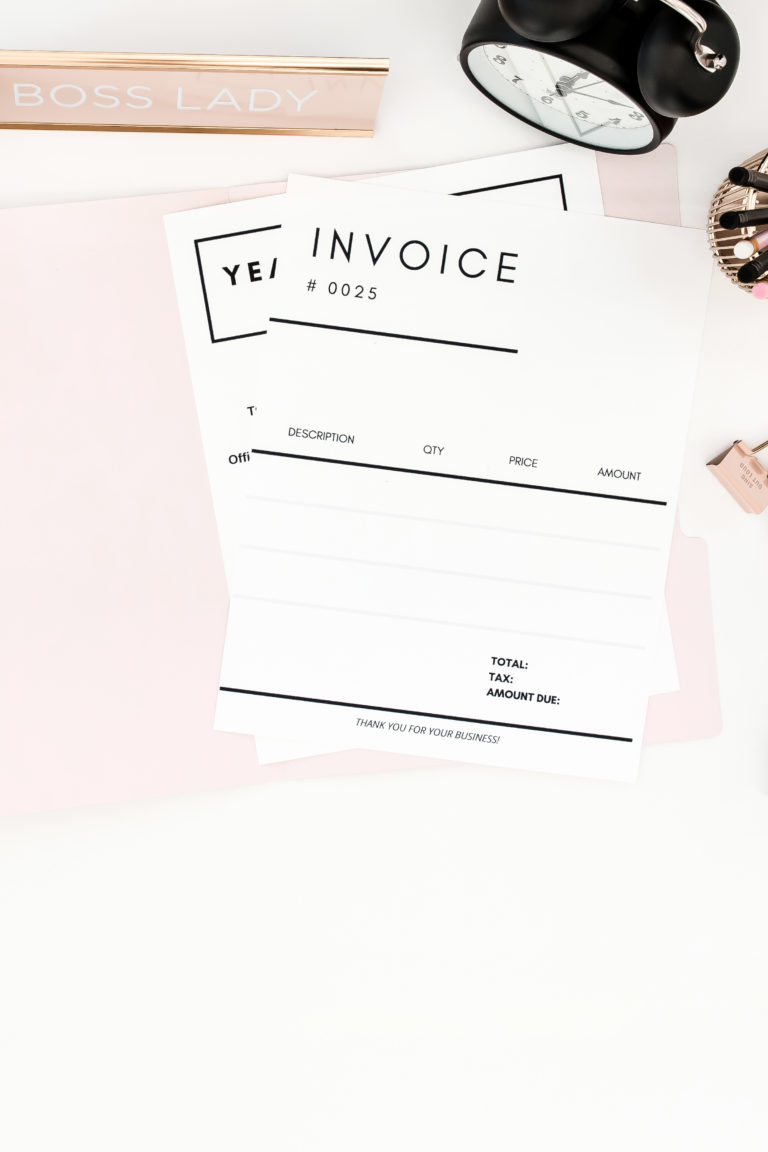Here’s Why Your EOFY Stocktake Is A Good Thing
Questioning why you have to complete an end-of-financial-year (EOFY) stocktake? Small business life is busy, I know. Unfortunately, your EOFY stocktake is one thing you simply can’t skip. It’s essential for compliance, tax, cost control and even your promotional planning.
Once you have a solid grasp of why, you’ll understand why an accurate EOFY stocktake is essential for small business owners. You’ll get how it can help with compliance, tax benefits, increased profitability, and cost control. Trust me when I say, it’s totally worth the effort!

Accurate Stock Levels
Incorrect stock levels can cause all sorts of issues like overstocking, understocking, and wastage. Without an accurate understanding of current inventory levels, you could end up purchasing too much of one product, not enough of another. You might even oversell and need to issue refunds!
All of these little niggles can lead to big issues and, *gasp*, a loss of revenue. It’s essential your inventory system matches your actual stock on hand. This should be an ongoing quality control task throughout the year so when EOFY hits, it’s not a lengthy rescue job.
Cost Control
Once you know your stock levels are accurate, you can forecast sales trends, optimise your ordering process and avoid inventory dramas. Having accurate numbers on hand helps you make informed decisions about what to order and when. This is where cost control comes in.
For example, you may realise that you’ve been over-ordering a particular product or spending too much per unit. By addressing these issues, you can reduce your inventory costs before they blow out. The result? Improved profit margins, stabilised cash flow and more profit in your pocket.

Tax Benefits
Did you know you could also benefit from tax advantages that come with completing a stocktake? There are, of course, obligations you need to meet before your final numbers are submitted and your taxable profit is calculated.
Stock is counted as an expense once it’s sold. The claimable portion is the Cost Of Goods Sold (COGS) which includes materials, labour and manufacturing costs associated with stock which has been sold.
Stock is not counted as a business expense if you haven’t sold it. From a tax perspective, it’s seen as an asset you own.
Say 50% of your stock is sitting on your shelves at EOFY, this will impact your financial position (your profit). This is not good or bad, it’s something to be mindful of. When you report your stock levels and costs associated, you must include the cost of the product – not what you would sell it for.
Complete your EOFY Stocktake as close to 30th June as possible.
If you’ve ordered and paid for stock before 30th June and it hasn’t arrived, you can note this stock as ‘In-Transit’. Just send your bookkeeper a copy of the paid invoice so it can be added to your assets.
EOFY Stocktake Sale
Now you understand the logistical and tax implications of your stock levels, how do you want to manage it?
EOFY Stocktake Sales are beneficial if:
- You have too much stock on hand
- You need a revenue boost
- You don’t want to count endless boxes of stock
EOFY Stocktake Sales are not beneficial if:
- You’re already low on stock
- You’ve surpassed your financial goals and won’t benefit from a revenue boost
Don’t forget to use this time to plan stock for the year ahead! What sold well? What didn’t? What had the highest ROI? This information can inform decisions on purchasing, pricing, and marketing strategies moving forward.
If you’re unsure, speak with your bookkeeper or tax advisor to find the right solution for your business.







